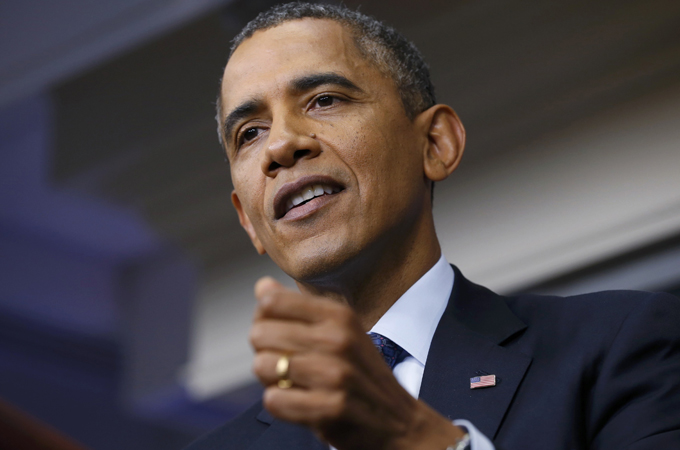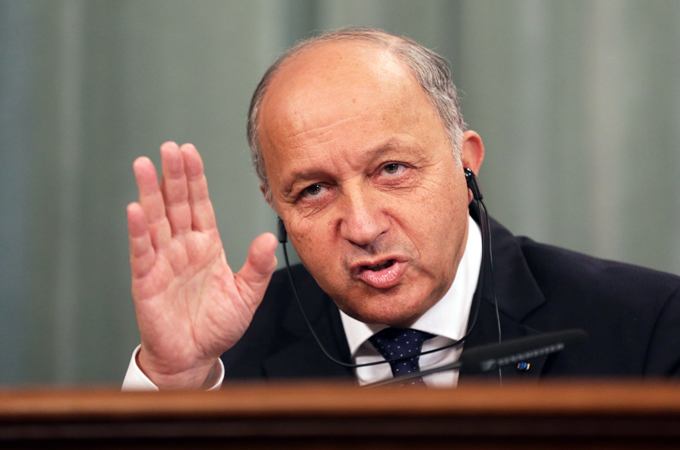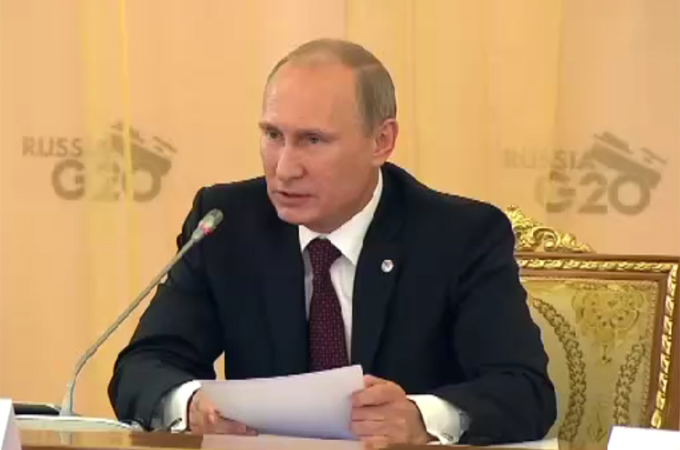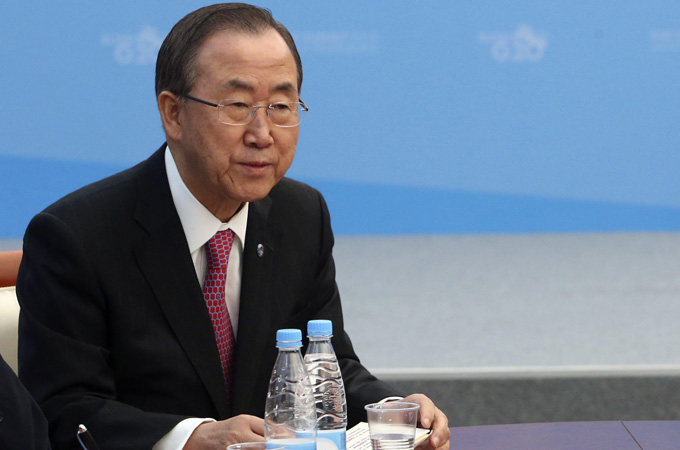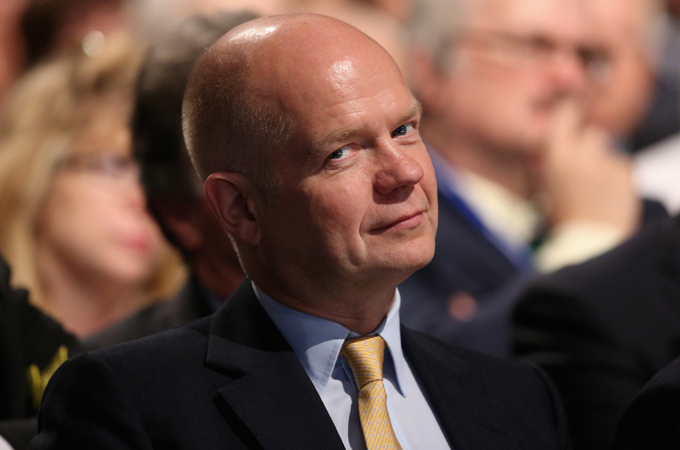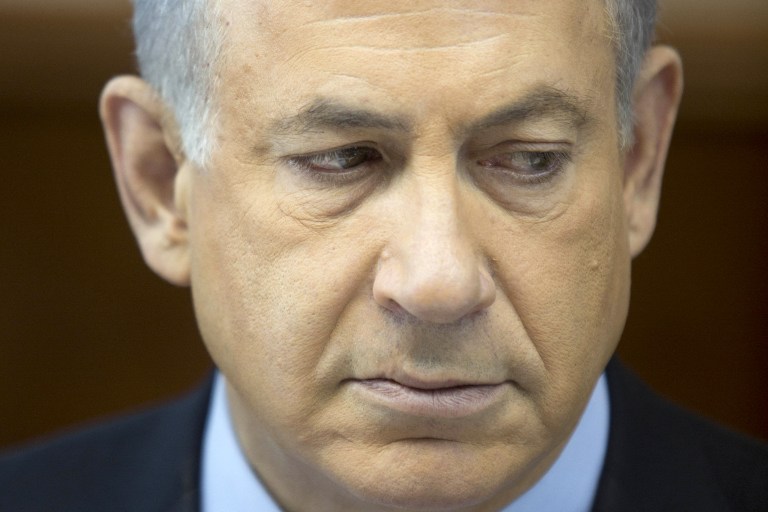Mixed reactions to Iran’s nuclear deal
Israeli prime minister delivers harsh criticism, calling deal a ‘historic mistake’ that makes world more dangerous

| Hassan Rouhani, Iranian president |
| ||||||
Hassan Rouhani welcomed the agreement, saying his country has finally won the respect it deserves.
“The acknowledgement by world powers concerning this right and the elimination of obstacles in the face of the Iranian nation is of great value.”
“This right has been explicitly stipulated by this agreement, stressing that Iran will go on with its enrichment programme.
Iran’s enrichment activities will proceed similar to the past.”
| Barack Obama, US president |
| |||||||
|
|
Barack Obama called the deal “an important first step” towards a comprehensive solution on Iran’s nuclear programme.
“My strong preference is to resolve this issue peacefully, and we’ve extended the hand of diplomacy… Today, that diplomacy opened up a new path towards a world that is more secure,” Obama said.
The substantial limitations placed on the programme “cut off Iran’s most likely paths to a bomb,” Obama said, adding despite legitimate skepticism over Iran’s intentions, it was important not to “rush towards conflict.”
| Nouri al-Maliki, Iraqi prime minister |
| |||||||
Nouri al-Maliki was quick to praise the agreement.
“The reaching of a deal between the Islamic Republic of Iran and the six international powers is seen as a major step for the region’s security and stability levels.
“Iraq… expresses its full support for this step and its readiness to back it, so as to ensure the completion of the remaining phases and to promote a climate of dialogue and peaceful solutions.”
| Laurent Fabius, French foreign minister |
| ||
Laurent Fabius said the nuclear deal was an important step to preserving “peace and security”, but would need to be monitored closely.
He said the deal only confirmed Iran’s right to civil nuclear power.
| Vladimir Putin, Russian president |
| ||
Vladimir Putin called the deal a “breakthrough”, but warned it was the first step in a long process.
“A breakthrough step has been made, but only the first on a long and difficult path,” Putin said.
“As the result of talks… we managed to get closer to untying one of the most difficult knots in world politics,” the Russian leader added, according to a Kremlin statement.
.
| Ban Ki-moon, UN secretary-general |
| ||
Ban Ki-moon’s spokesman said that the agreement could be “historic” for the Middle East.
Ban “warmly welcomes” the preliminary accord under which Iran agreed to limit its uranium enrichment in return for sanctions relief, said Martin Nesirky.
He added the accord “could turn out to be the beginnings of a historic agreement for the peoples and nations of the Middle East region and beyond”.
| William Hague, UK foreign secretary |
| ||
William Hague said that Iran made a lot of concessions, a lot of commitments, as part of a “first step” deal.
He added that the nuclear deal did not refer to Tehran’s “right to enrich” uranium, but added that a final agreement could allow “limited” enrichment for peaceful purposes.
“The phrase [right to enrich uranium] is not in the document,” Foreign Secretary William Hague told the BBC after arriving back in London following the landmark deal in Geneva.
|
| ||||||||
Binyamin Netanyahu harshly condemned the nuclear deal, calling it a “historic mistake.”
Speaking to his Cabinet, Netanyahu reiterated a long-standing threat to use military action against Iran if needed.
He said the deal gave Iran much-needed relief from sanctions but left most of its nuclear infrastructure intact.
“Today the world became a much more dangerous place because the most dangerous regime in the world made a significant step in obtaining the most dangerous weapons in the world,” he said.

